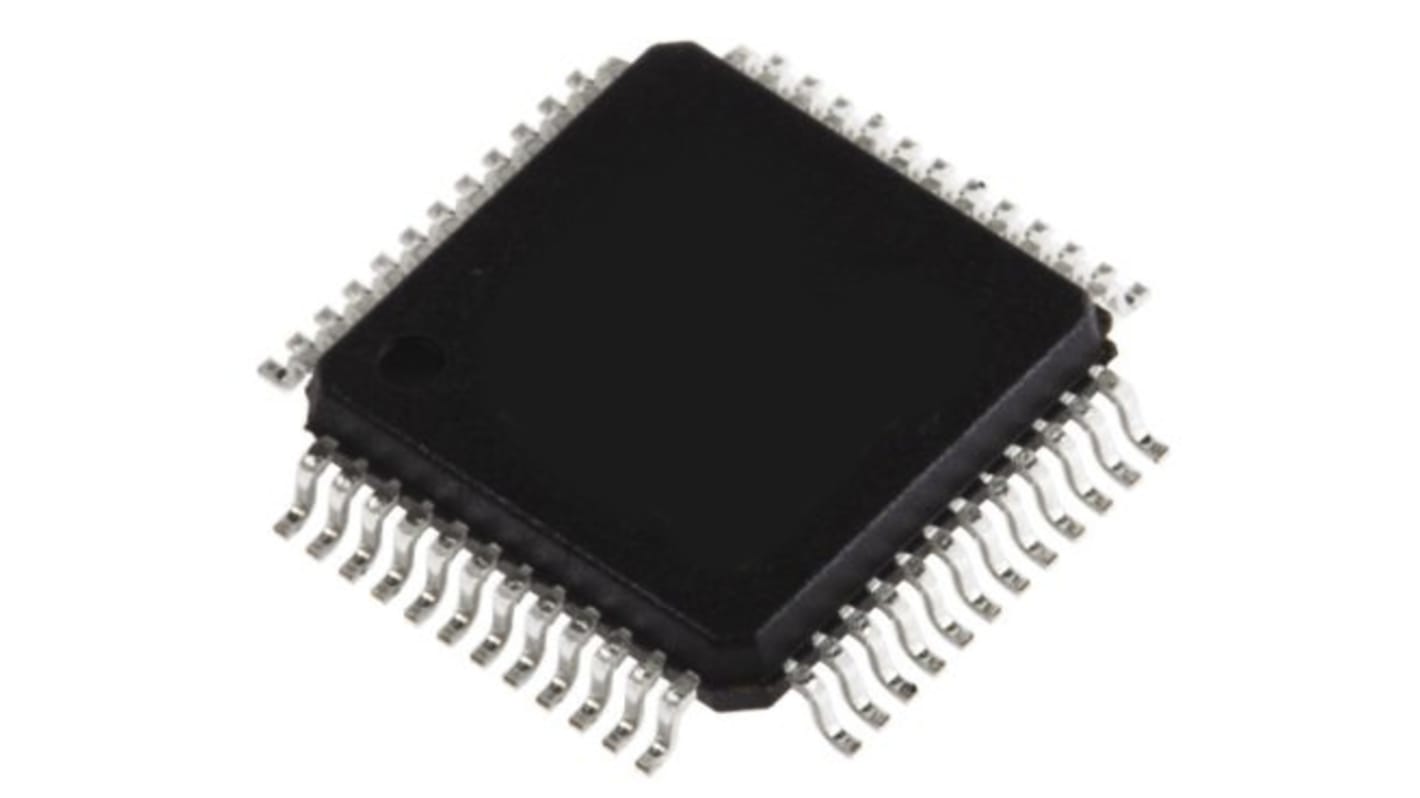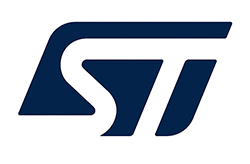STMicroelectronics, 32bit ARM Cortex M0+, STM32L0 Microcontroller, 32MHz, 192 kB Flash, 48-Pin LQFP
- RS Stock No.:
- 196-2074
- Mfr. Part No.:
- STM32L071CZT6
- Brand:
- STMicroelectronics

Subtotal (1 tray of 250 units)*
£679.75
(exc. VAT)
£815.75
(inc. VAT)
FREE delivery for orders over £50.00
- 1,000 unit(s) ready to ship
Units | Per unit | Per Tray* |
|---|---|---|
| 250 + | £2.719 | £679.75 |
*price indicative
- RS Stock No.:
- 196-2074
- Mfr. Part No.:
- STM32L071CZT6
- Brand:
- STMicroelectronics
Select all | Attribute | Value |
|---|---|---|
| Brand | STMicroelectronics | |
| Family Name | STM32L0 | |
| Package Type | LQFP | |
| Mounting Type | Surface Mount | |
| Pin Count | 48 | |
| Device Core | ARM Cortex M0+ | |
| Data Bus Width | 32bit | |
| Program Memory Size | 192 kB | |
| Maximum Frequency | 32MHz | |
| RAM Size | 6 kB | |
| Number of SPI Channels | 4 | |
| Typical Operating Supply Voltage | 1.8 → 3.6 V | |
| Number of I2C Channels | 3 | |
| Number of USART Channels | 4 | |
| Number of UART Channels | 1 | |
| Width | 7.2mm | |
| Maximum Operating Temperature | +85 °C | |
| Length | 7.2mm | |
| Minimum Operating Temperature | -40 °C | |
| ADCs | 13 x 12 bit | |
| Height | 1.45mm | |
| Instruction Set Architecture | RISC | |
| Program Memory Type | Flash | |
| Number of ADC Units | 1 | |
| Dimensions | 7.2 x 7.2 x 1.45mm | |
Select all | ||
|---|---|---|
Brand STMicroelectronics | ||
Family Name STM32L0 | ||
Package Type LQFP | ||
Mounting Type Surface Mount | ||
Pin Count 48 | ||
Device Core ARM Cortex M0+ | ||
Data Bus Width 32bit | ||
Program Memory Size 192 kB | ||
Maximum Frequency 32MHz | ||
RAM Size 6 kB | ||
Number of SPI Channels 4 | ||
Typical Operating Supply Voltage 1.8 → 3.6 V | ||
Number of I2C Channels 3 | ||
Number of USART Channels 4 | ||
Number of UART Channels 1 | ||
Width 7.2mm | ||
Maximum Operating Temperature +85 °C | ||
Length 7.2mm | ||
Minimum Operating Temperature -40 °C | ||
ADCs 13 x 12 bit | ||
Height 1.45mm | ||
Instruction Set Architecture RISC | ||
Program Memory Type Flash | ||
Number of ADC Units 1 | ||
Dimensions 7.2 x 7.2 x 1.45mm | ||
- COO (Country of Origin):
- CN
